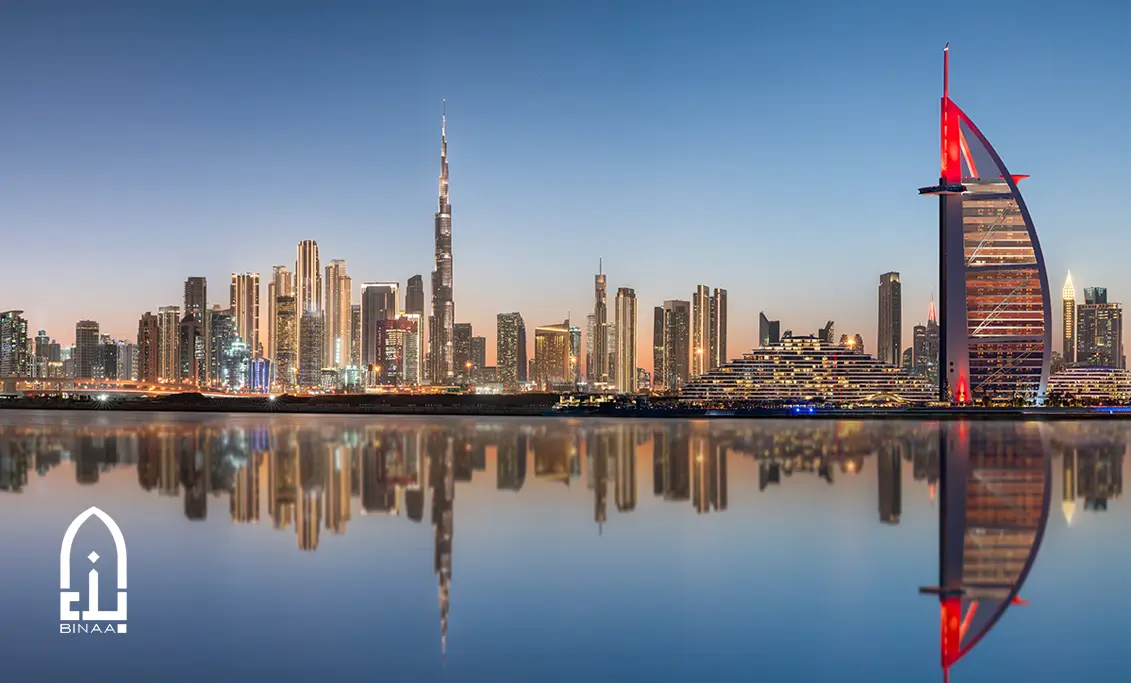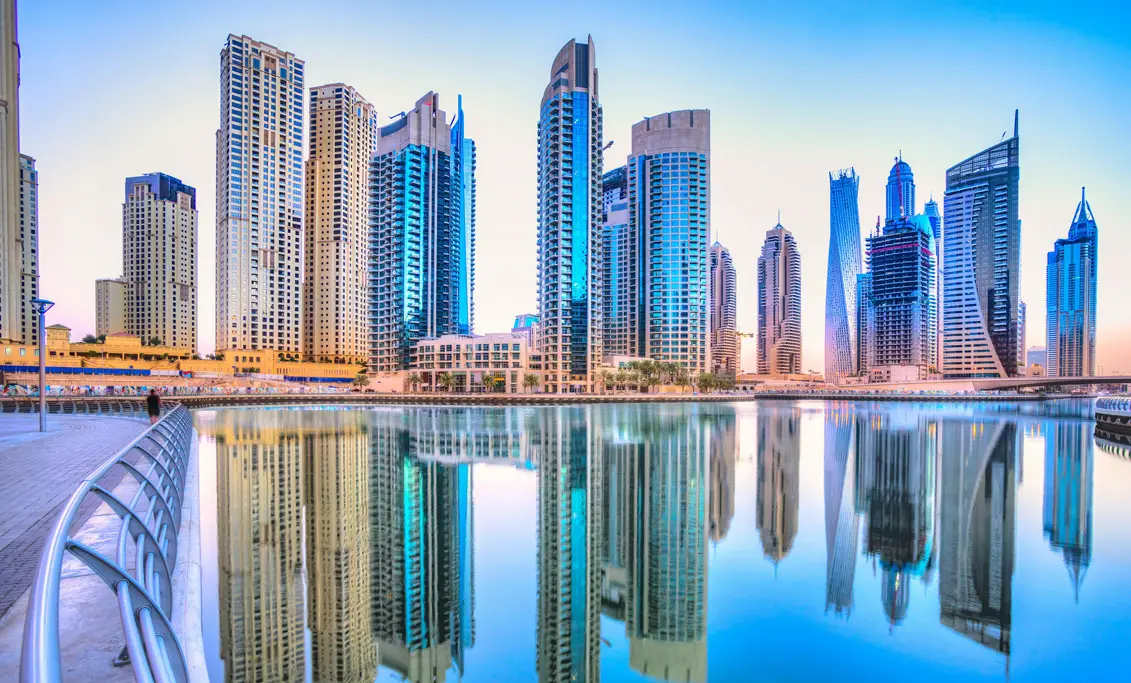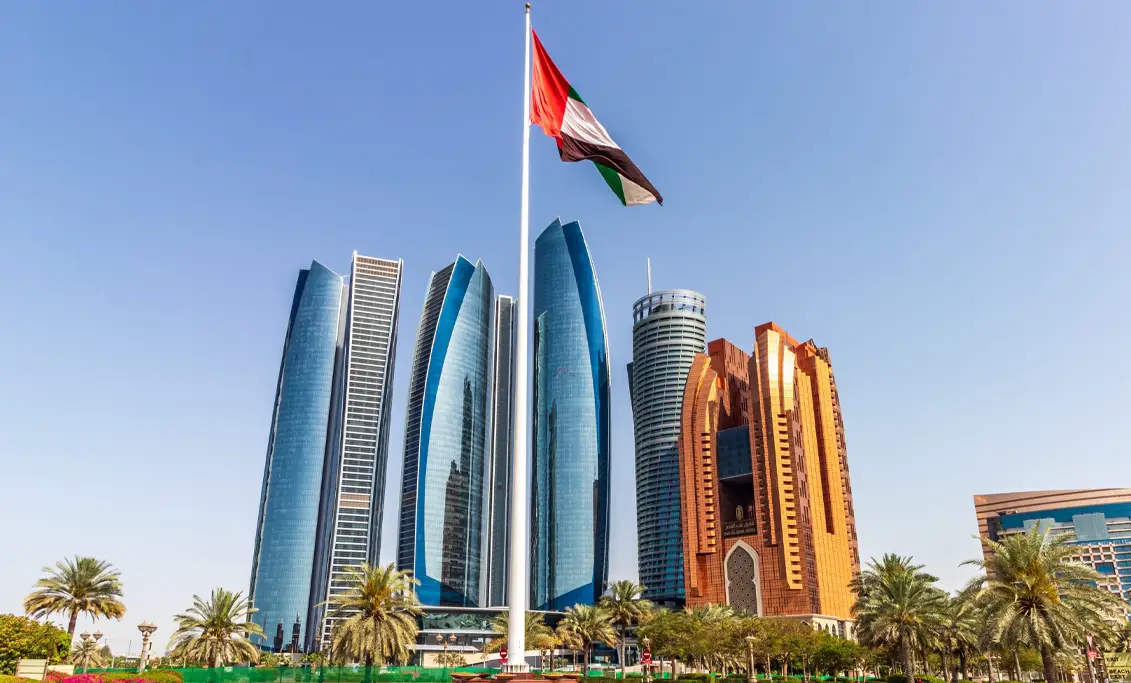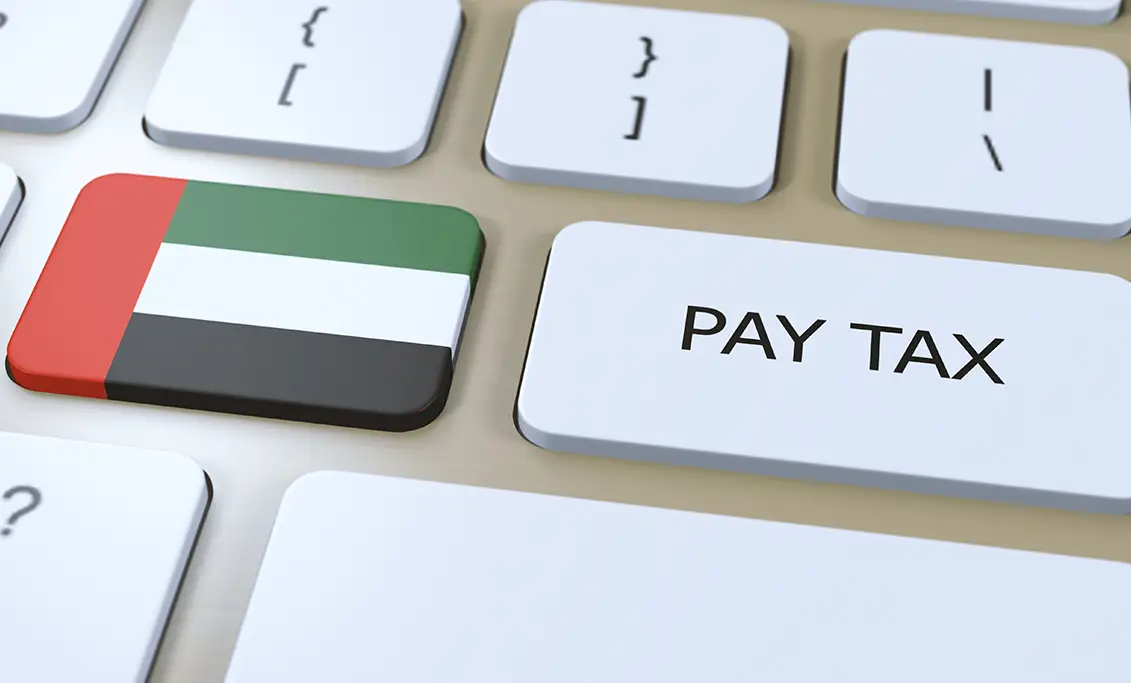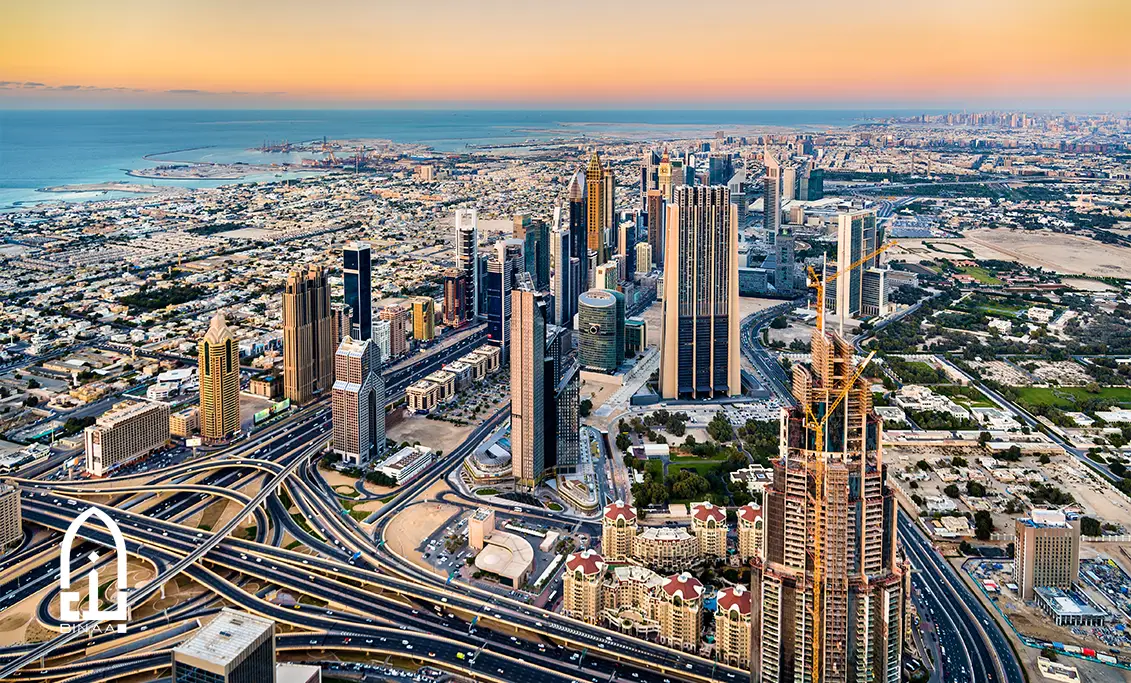The Dubai real estate sector is renowned for its luxurious developments and iconic architectural marvels. However, behind the glitz and glamour, there is a market affected by many factors. These include economic policies, global events, and changes in population. These influences have shaped Dubai into a vibrant hub for international investors, driven by both innovation and strategic positioning.
The market shows resilience and adaptability. It attracts many types of investors. These include wealthy individuals seeking exclusive properties and families looking for affordable housing.
Dubai House Prices is not just about luxury. It includes many options for different needs and budgets. The city's location as a global transit point makes it more appealing. This attracts expatriates and international businesses.
Dubai has a bold vision for the future. Its urban planning and development projects help boost its status. This makes Dubai a top real estate market in the world.
Economic Influences
The economic landscape of Dubai plays a crucial role in shaping real estate trends. As a hub for international business, fluctuations in global economies can have immediate effects on Dubai's real estate market. For instance, oil price volatility often impacts the region's economic stability, subsequently affecting cost of house in Dubai.
Dubai's active economic strategies, like its efforts to diversify, have helped reduce some of these impacts. This has kept the real estate market relatively stable.
Government policies to reduce reliance on oil have led to more investment in infrastructure. This has positively affected real estate development and prices. Efforts like creating free zones and promoting technology have strengthened Dubai's economy.
These efforts have improved the infrastructure. They have also made Dubai more appealing for real estate investment. This has led to steady demand and market growth.
Supply and Demand Dynamics
One of the primary factors influencing Dubai house prices is the balance between supply and demand. Over the past decade, there has been a significant increase in housing supply because of ambitious construction projects. However, meeting the demand, especially in the luxury segment, remains a challenge.
The balance between supply and demand is key for price stability and growth. Developers always change their strategies to meet market needs.
The demand for property in Dubai comes from local residents and international investors seeking good opportunities. Dubai's strategic location, tax-free environment, and state-of-the-art infrastructure propel this international interest.
The promise of high returns and growing investments attracts investors from all over the world. This adds complexity to the market.
The city attracts expatriates. This makes it a business center. As a result, there is a constant need for homes and commercial properties.
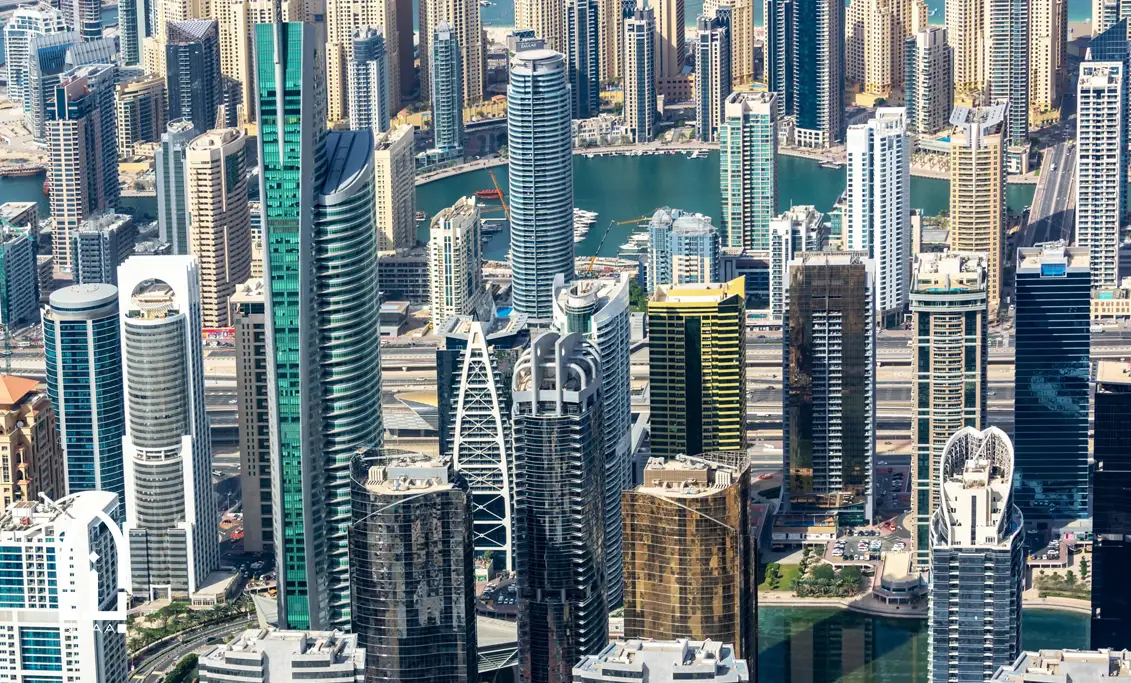
Dubai Property Prices
To understand the average house price in Dubai, you need to look at different parts of the market. This includes luxury villas and affordable apartments.
Recent data indicates a nuanced picture, with some areas witnessing price stabilization while others experience significant fluctuations. This diversity shows how location and property type affect price trends. It is important for investors to do careful market research.
Dubai property is relatively expensive compared to other cities in the region, but it reflects the city’s high quality of life, advanced infrastructure, and global status as an investment hub.
Some of the cheapest areas are International City, Dubai Investment Park (DIP), and sometimes Dubai South in more remote zones.
t depends heavily on the emirate, location, size, and property type. In Dubai, for example, basic apartments may start around AED 400,000, while luxury villas can cost several million dirhams.
Luxury Segment
The luxury segment in Dubai is known for its opulence and exclusivity. Areas like Palm Jumeirah and Downtown Dubai have high prices. This is because of their great locations and luxury features. Despite global economic uncertainties, the luxury market has shown resilience, maintaining robust demand from high-net-worth individuals.
This segment continues to grow because of Dubai's reputation as a luxury destination. It attracts wealthy buyers looking for unique and prestigious properties.
Moreover, the luxury market benefits from innovative architectural designs and cutting-edge technology, enhancing the appeal of these properties. The integration of smart home features and sustainable practices adds further value, aligning with the preferences of discerning buyers.
As Dubai grows as a luxury center, the need for high-end properties will stay strong. This demand is backed by the city's ongoing development and focus on quality.
Mid-Range and Affordable Housing
Conversely, the mid-range and affordable housing segments have seen more volatility. The government's efforts to promote affordable housing have led to more homes being available. This increase has affected housing prices.
Areas like Dubai South and Jumeirah Village Circle offer more affordable options, attracting a broader demographic. These areas are appealing to young professionals and families looking for good living at fair prices. This helps make Dubai's real estate market lively.
Government incentives and policies that promote homeownership have helped shape the mid-range and affordable housing sectors. The government has made it easier for more people to access housing.
They do this by offering financing options and lowering entry barriers. This approach helps social stability and improves the sustainability of the real estate market. It ensures that the market serves a diverse population.
Average House Price in Dubai
Area | Average Price (AED/sqft) | Average home Price in dubai (1BR) |
2,300 | 1.6M – 2.1M AED | |
Palm Jumeirah | 2,900 | 2.5M – 3.5M AED |
1,800 | 1.4M – 2M AED | |
1,650 | 1.3M – 1.8M AED | |
1,000 | 700K – 1.1M AED | |
Dubai South | 800 | 550K – 800K AED |
*Prices are approximated as of 2024 and may vary by project and developer.*
Factors Affecting Dubai House Prices
Several intrinsic and extrinsic factors contribute to the fluctuations in Dubai house prices. An understanding of these elements is essential for anyone considering an investment in this vibrant market.
The interaction of these factors creates a complex environment. In this setting, making smart decisions is important. It helps maximize returns and reduce risks.
Regulatory Environment
The regulatory environment in Dubai has evolved significantly, with measures introduced to enhance transparency and protect investors. Regulations like the Real Estate Regulatory Agency (RERA) have helped build trust among investors and ensure fair practices. These regulations provide a framework for accountability and governance, fostering a stable and transparent market.
Moreover, regulators aim to continuously improve frameworks to adapt to changing market conditions and investor needs. Initiatives to streamline processes and enhance digital integration have made it easier for investors to navigate the market. As the rules change, it is important for investors to stay informed. This helps them take advantage of opportunities in Dubai's real estate market.
Global Economic Conditions
Global economic conditions undeniably affect Dubai's real estate market. Economic downturns or geopolitical tensions can lead to decreased investor confidence, affecting demand and pricing. Conversely, periods of global economic growth can spur increased investment, driving prices upward. The interconnectedness of Dubai with global markets means that external factors can have a significant impact, necessitating a keen awareness of international developments.
Investors must consider these global influences alongside local market conditions to make informed decisions. The ability to see and react to global trends can give investors an advantage. This helps them take advantage of opportunities when they come up.
By taking a proactive and informed approach, stakeholders can better understand Dubai's real estate market. This helps them improve their investment strategies.
Technological Advancements
Technological advancements have also begun to play a role in shaping real estate trends in Dubai. The integration of smart home technologies and sustainable building practices is becoming increasingly prevalent, adding value to properties and influencing buyer preferences. As technology keeps changing, it alters how real estate is built, sold, and used. This creates new chances and challenges for the industry.
Developers and investors who embrace technological innovation are likely to gain a competitive advantage, as these advancements enhance property appeal and functionality. From virtual reality property tours to blockchain transactions, technology is streamlining processes and improving the customer experience. As the industry changes, technology's role in Dubai's real estate market will grow. This will drive future growth and change.
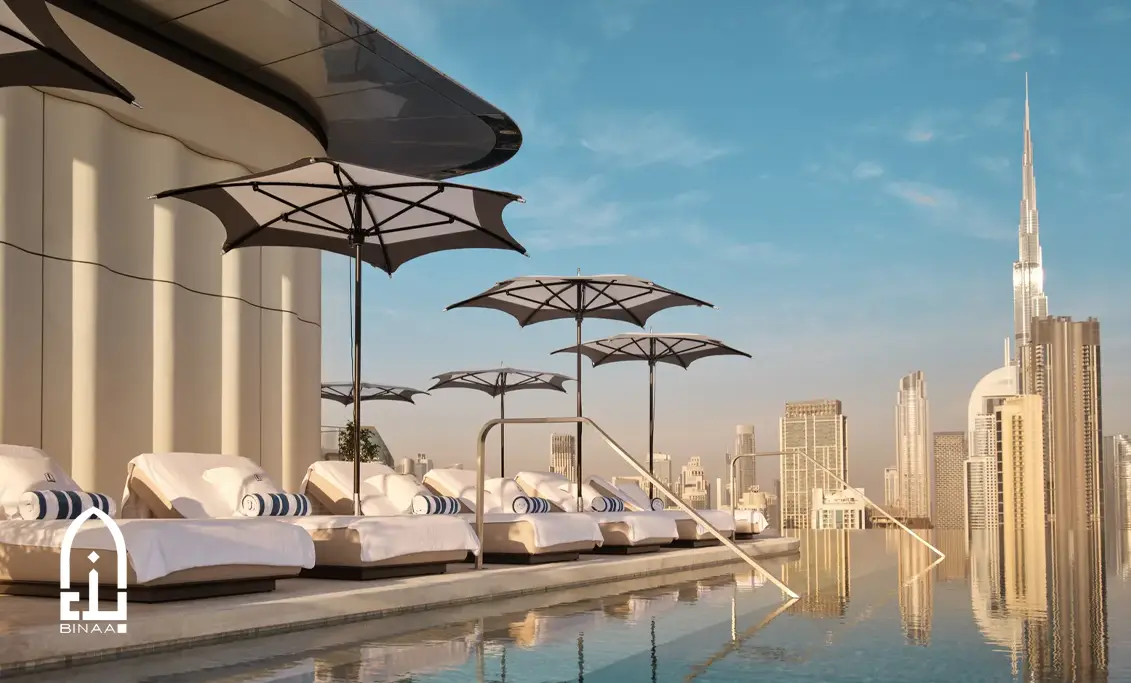
Future Outlook for Dubai Real Estate
Given the current trends and influencing factors, the future of Dubai's real estate market is poised for continued evolution. The Expo 2020 event, even with its delay, has helped improve infrastructure. It is expected to increase real estate demand in the coming years. The event has showcased Dubai's capability to host global events, enhancing its reputation and attracting international interest.
Investment Opportunities
For investors, Dubai's real estate market offers diverse opportunities, from high-yield rental properties to long-term capital appreciation. Identifying the right investment requires a comprehensive understanding of market trends and potential risks. The ability to adapt to market shifts and leverage emerging trends will be key to maximizing returns and achieving investment goals.
Investors can explore various segments, including residential, commercial, and industrial properties, each offering unique advantages and challenges. By diversifying their investments and using a smart strategy, investors can reduce risks. They can also take advantage of the changing opportunities in Dubai's real estate market. As the market continues to mature, a focus on innovation, sustainability, and customer experience will drive future growth and success.
Long-term Trends
Long-term trends suggest a gradual stabilization of prices as the market matures and regulatory frameworks are further refined. The focus on sustainable development and innovation will likely continue to attract both local and international interest, supporting a healthy market trajectory. Dubai aims to be a leader in sustainable urban development. Green practices and technologies will be key in shaping the future of real estate.
The ongoing commitment to infrastructure development, coupled with strategic initiatives to enhance livability and economic resilience, will further bolster Dubai's real estate market. By focusing on long-term planning and teamwork, Dubai will maintain its position as a top real estate spot.
Investors and stakeholders should pay attention to these trends. They need to focus on sustainable growth. This will help them succeed in the changing market.
Understanding the trends in Dubai house prices involves navigating a complex web of economic, regulatory, and technological factors. For potential homeowners and investors, staying informed about these trends is crucial for making sound decisions.
The Dubai real estate market has challenges, but it is still a strong and appealing choice for investors. Investors and buyers can find opportunities by accepting change. They should also adjust to new trends. This will help them reach their real estate goals.
In conclusion, if you are a buyer or an investor, the Dubai real estate market has many opportunities. By keeping up with market changes and using smart strategies, you can successfully manage the changing Dubai house prices. As the market grows and changes, those who stay flexible and think ahead will benefit the most from Dubai's lively real estate sector.

